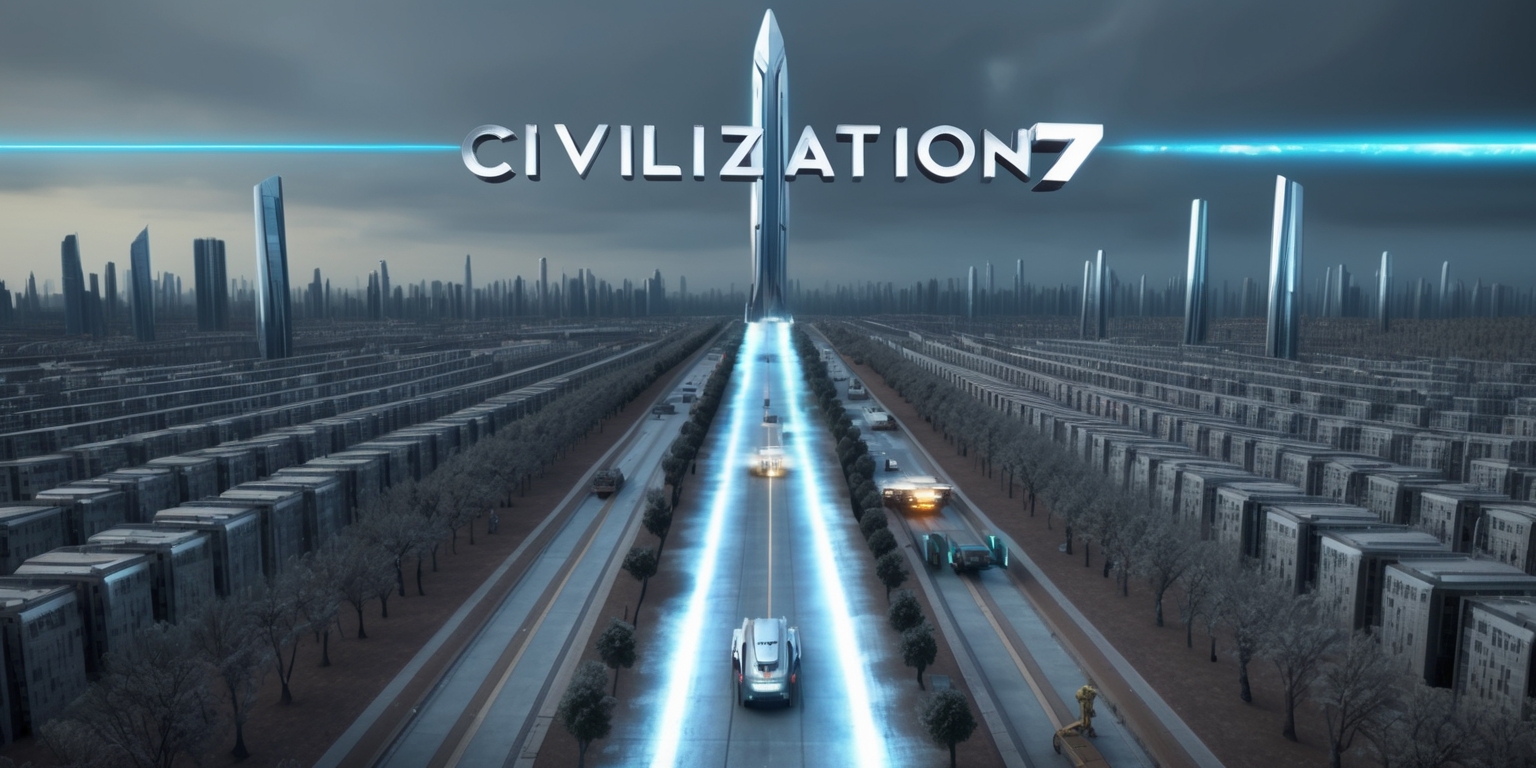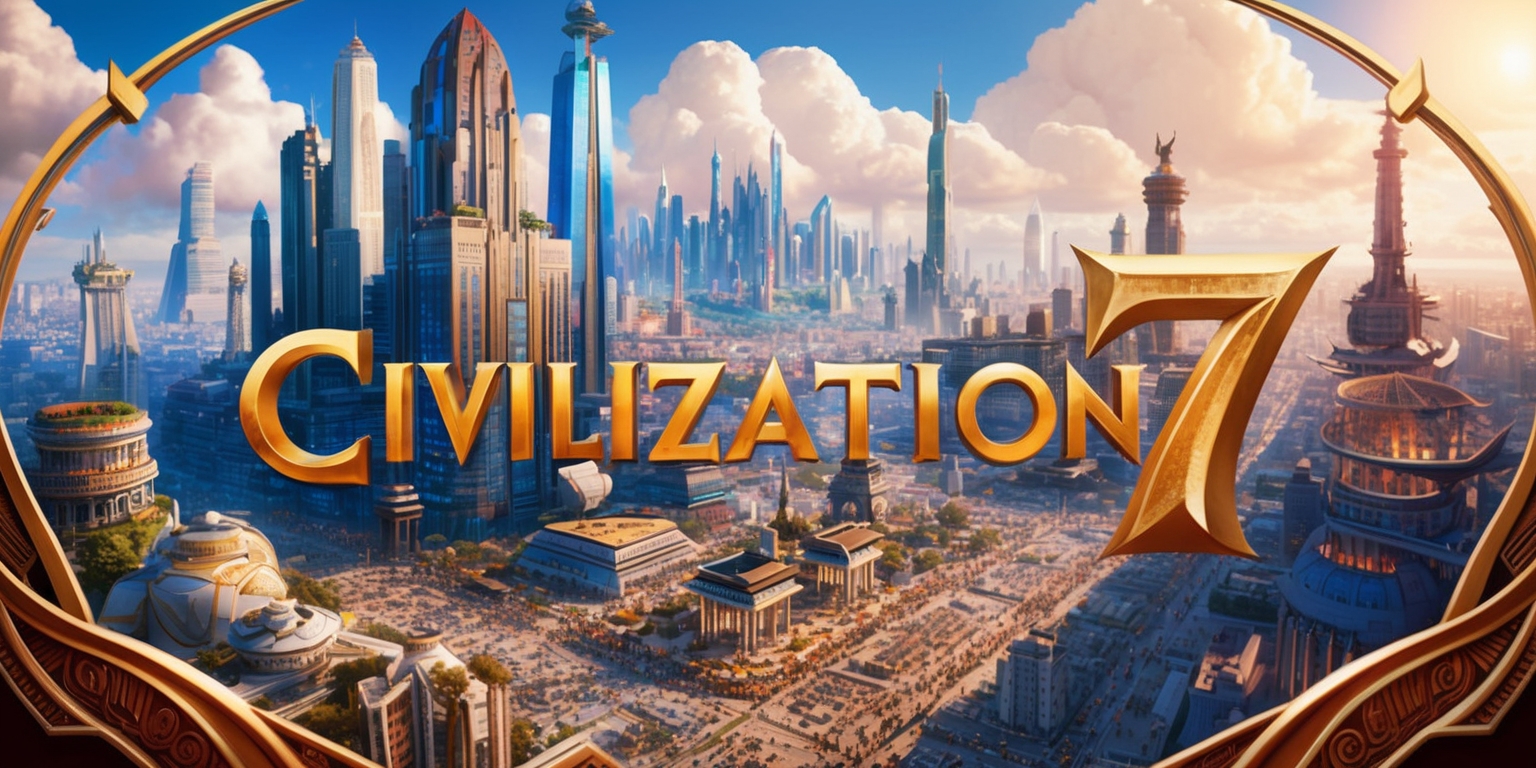Civilization 7: Ambitious Innovations Fall Flat in a Sea of Monotony
Feb-11-2025

The landscape of strategy gaming has long been dominated by the Civilization series, a stalwart in the realm of 4X gameplay. With the release of Civilization 7, fans were eager to explore new features, improvements, and the potential for further depth in gameplay. However, while the game brings some notable advancements, it ultimately leaves players grappling with a sense of monotony, failed aspirations, and a lack of distinct character. In this examination, we will explore the different dimensions of Civilization 7 and uncover what makes it an intriguing yet ultimately tiresome experience for both seasoned veterans and newcomers alike.
Significant Evolution of Gameplay Mechanics
Civilization 7 attempts to redefine its fundamental structure, emerging from its long-standing formula of guiding a society that has evolved from ancient times to the present day domination. A key change is the detachment of leaders from their historical contexts, allowing players to select a culture with its unique bonuses as they progress through the newly segmented ages. These transitions aim to provide a fresh take on the lengthy progression of historical eras, fostering adaptability in playstyle.
Fresh Ages and Cultural Choices
The game unfolds in three distinct ages, encouraging players to adopt new cultures with specialized benefits rather than merely numerical advantages. This innovative mechanic serves to renew engagement and allows for experimentation with different strategies. Each age brings forth a unique set of challenges, resetting key aspects like trade and foreign relations, which would ideally fuel dynamic gameplay.
New Settlements and City Dynamics
Among the intriguing features is the introduction of towns. Replacing cities, these new settlements can swiftly expand and develop, but with limits: they can buy a limited selection of buildings. The design choice aims to introduce a tactical layer, allowing players to decide whether to specialize their towns or let them grow into full-fledged cities. However, this system may leave players feeling constrained instead of liberated.
Tempting Narrative Twists

Civilization 7 attempts to inject depth through escalating crises at the conclusion of each age. These narrative-driven events challenge players to grapple with negative consequences, ostensibly fostering an environment for more enriched storytelling. Unfortunately, these moments often come off as arbitrary and unsatisfying, reducing what could have been dynamic storylines into routine issues without true impact.
Frustrating Happiness Mechanics
Players invest time in managing happiness across their settlements, a straightforward but crucial aspect of the game. Nevertheless, when discontent arises suddenly and randomly, it transforms the gameplay from strategic to frustrating. Suddenly, players find themselves scrambling to placate unhappy citizens instead of focusing on growth or military strategies.
Thwarted Diplomatic Engagements
Diplomacy presents another layer of frustration in Civilization 7. It relies heavily on generating "influence," which is then spent to initiate or counter overtures from other leaders, devoid of meaningful interaction. With personalities lacking and motivations obscured, forming alliances or understanding relations feels tedious and unfulfilling.
Ambiguous Cultural Conflicts
While fostering cultural exchanges could lead to intriguing interactions in previous titles, Civilization 7’s approach results in shallow encounters. Players frequently engage in religious conflicts or cultural disputes that lack depth or clear significance. The lack of narrative connection diminishes the excitement that could arise from these situations.
Resource Allocation Woes
Trade mechanisms could have brought forth resource-driven strategies, yet their implementation creates a cumbersome experience. Players may struggle with redistributing resources after acquiring them, leading to feelings of inadequacy and laborious planning that overcomplicates the satisfaction of trading.
Unengaging Legacy Paths
Progression through each age relies on achieving certain legacy paths, but many players find these tasks tedious. A lack of motivation behind the paths leads to uninspired gameplay, making the journey through the ages feel cumbersome rather than rewarding.
Diplomacy Lacking Depth
When navigating foreign relationships, Civilization 7 showcases an imbalance by presenting leaders with bland agendas and uninspired behaviors. The interactions become rote, leaving players yearning for more complexity and individuality in the game’s diplomatic relationships.
Convoluted Interface Design
The interface in Civilization 7 feels tangled, and the abundance of hidden rules hampers accessibility. Players often find critical information buried in submenus, and other mechanics, such as city management and unit control, are unintuitive and frustrating to navigate.
Combat and War Mechanisms
In a game centered on strategy, combat should be a thrilling, decisive element. However, many players may find extended periods without a single battle draining. Meaningful wars feel elusive, overshadowed by chaotic information management during engagements that lead to confusion rather than strategic mastery.
Missing Personal Touch
As players explore their realms, the lack of personal touches such as custom naming for cities and continents renders the experience flat. This absence diminishes the player’s emotional investment in their civilization, making each progress feel impersonal.
Potential Left Untapped
Despite its numerous shortcomings, Civilization 7 does have moments of brilliance. The graphical fidelity and sound design elevate it beyond similar contemporary titles, and its intentions pave the way for possible improvements in future updates. Strategic city growth mechanics present intriguing questions, though often left underdeveloped.
Reflection on Legacy
Civilization 7 emerges as a game that strives for innovation amidst its desire to be beginner-friendly. However, ambitions often collide with execution, leaving behind a contentious experience marked by monotony. Players might hope for a future patch that addresses these concerns, but for now, the game falls short of its predecessors in delivering satisfaction and engagement.
In conclusion, Civilization 7 is a testament to both the potential and pitfalls of attempting to innovate a beloved formula. While the game surfaces with striking visuals and a host of new mechanics, it ultimately struggles to overcome the weight of overwhelming systems and a lack of character. In the ever-evolving landscape of strategy gaming, Civilization 7 may have missed an opportunity to reclaim its throne, leaving players to contemplate what awaits this legendary series in the future.








